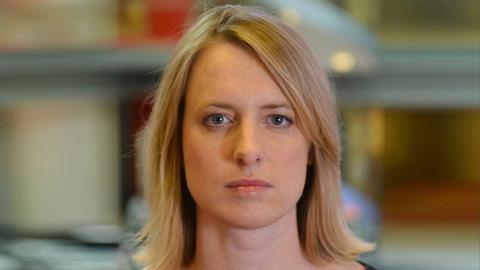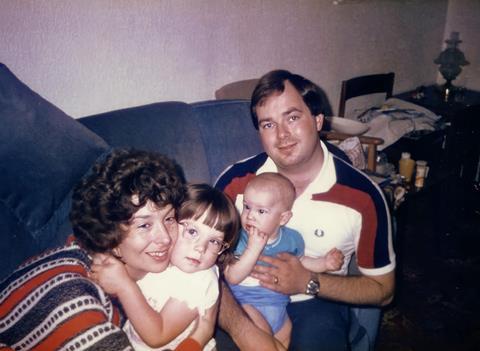Corporation AI leads lift the lid on soon-to-be-published guidance
The BBC has established new editorial policy guidance for generative AI content stressing that the tech must not be used for factual research and news stories.
The instructions for staff are set to be published later today while an internal steering group will oversee the corporation’s use of the technology, Broadcast has learned.

Ahead of publishing the guidance, recently-appointed editorial executive for gen AI Rachel Jupp and programme director for gen AI Peter Archer exclusively set out how the BBC intends to use the technology, which uses machine-learning to generate original content.
Three principles are guiding its “safe and ethical” application at the broadcaster, the pair revealed in conversation with Broadcast.
Those principles are: acting in the best interests of the public; prioritising talent and creatives; and being open and transparent with audiences about the use of the technology.
Over the past year or so, the BBC has experimented with the tech through a number of pilots, designed to create new audience experiences, make internal processes quicker and easier and maximise the value of existing content.
The pilots have led to AI being used to generate subtitles on some BBC Sounds programmes including The Archers and The Today podcast, live text pages around English Football League coverage and to translate news stories into different languages. These uses are all being ramped up.
Archer pointed out that the “rapid” way in which the tech is improving means the BBC is constantly on the lookout for new ways to deploy it.
But the pair also acknowledged the broadcaster has so far been “relatively cautious” when it comes to programmes. A rare example is in Expectation’s BBC2 doc The Jennings vs Alzheimers, recreating the voice of Carol Jennings, who had lost the ability to speak as a result of the disease. This application of gen AI “added to the audience’s experience and understanding” according to Jupp.

Jupp stressed that “the key editorial drive is not misleading audiences,” noting that because it draws data from a range of internet sources, gen AI sometimes produces biased, false or misleading information. For this reason, the BBC has ruled that it must not be used to generate news stories or for factual research.
“There are some real challenges in terms of the weaknesses of the technology at the moment, so thinking about how to safely and ethically harness it in line with our editorial values has been really important,” she said.
Commissioner conversations
The gen AI steering group is chaired by nations director Rhodri Talfan Davies and consists of around 10 people from across a range of divisions.
The steering group has broad oversight across the organisation, but will not get involved in individual use cases. Instead, ‘AI representatives’ have been appointed to advise teams and commissioners across different divisions, while all teams are being trained to use AI tools like Microsoft Copilot, Adobe Firefly and GitHub Copilot.
Producers will find a new box dedicated to the tech in commissioning specification forms, making any proposed use of gen AI a topic of conversation with commissioners, who will then consult with internal teams.
“We don’t want it to be a hugely bureaucratic or difficult process for indies,” said Jupp.
“It is part of a process they are already going through, alongside a whole set of other editorial issues that are involved in making docs, dramas and other programmes.”
She insisted the BBC does not want to “put up barriers”, but is taking extra precautions to ensure it is remaining accurate and impartial when using the tech.
“A lot of the conversations are ones we haven’t had before, which presents an interesting editorial challenge requiring a collaborative and responsible approach… the technology wasn’t developed specifically for production or for news, but it has been developed. So now it is for us as an industry to think about the most useful applications.”

Archer said he is “optimistic” about the way in which the tech will benefit programmes going forward, saying: “We have seen the most benefit and most value where we squarely position gen AI as a creative assistant, helping creative teams do things they couldn’t otherwise have done.”
He added: “We really need to get this balance right between innovation and responsibility, partly because the issues are still emerging. I’m cheered by the process we have put in place that means we should catch those things, as well as our culture of talking about these complex issues both internally and with our suppliers.”
The BBC’s guidelines will come hot on the heels of the government’s AI Opportunities Action Plan, aiming to support the growth of AI in the UK. The plan comprises of 50 recommendations including the proposal to create a copyright-cleared British media asset training data set, possibly using BBC data.







No comments yet